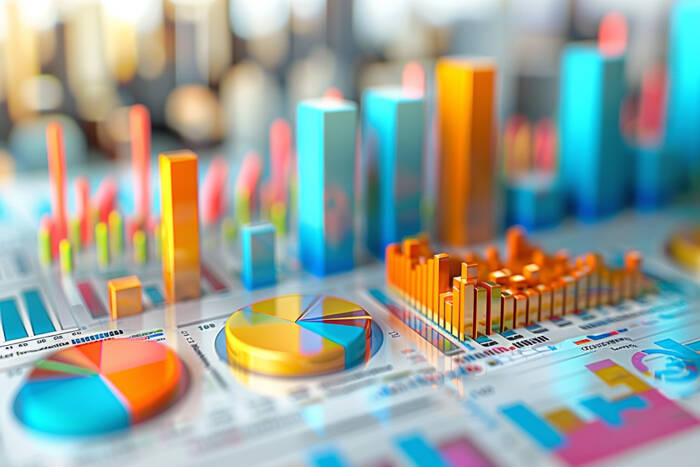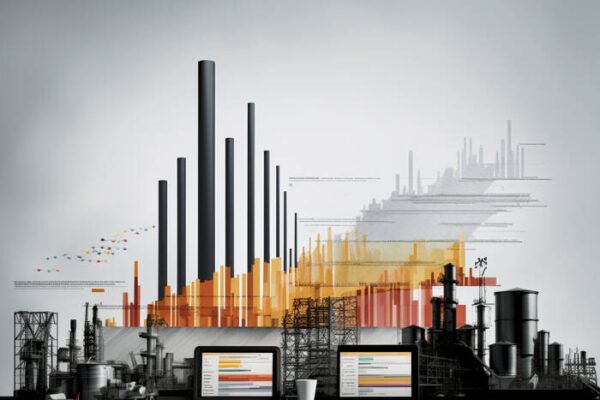U.S. GDP Growth Slows to 1.3% in Q1 2024

Deceleration Compared to Previous Quarter
The deceleration from Q4 to Q1 is attributed to slower growth in consumer spending, exports, and state and local government spending, along with a decrease in federal government spending. This was somewhat counterbalanced by a boost in residential fixed investment and accelerated imports.
Current Dollar GDP and Price Indexes
In current dollar terms, GDP rose by 4.3%, or $298.9 billion, to $28.26 trillion in Q1, slightly down from earlier estimates. The price index for gross domestic purchases increased by 3.0%, and the personal consumption expenditures (PCE) price index rose by 3.3%, both seeing minor downward revisions. Excluding food and energy, the PCE price index increased by 3.6%.
Personal Income and Savings
Current-dollar personal income grew by $404.4 billion, driven by higher compensation and government social benefits. Disposable personal income increased by $266.7 billion, or 5.3%, with real disposable income rising by 1.9%. Personal saving reached $796.6 billion, with a saving rate of 3.8%.
Corporate Profits and GDI
Real gross domestic income (GDI) increased by 1.5% in Q1, down from 3.6% in Q4. Corporate profits fell by $21.1 billion, contrasting with the previous quarter’s $133.5 billion increase. Financial corporations’ profits rose significantly, while nonfinancial corporations saw a substantial decrease.
Market Forecast: Bearish Outlook
Given the deceleration in GDP growth, declining corporate profits, and slower consumer spending, the short-term outlook for the U.S. economy appears bearish. Traders should brace for potential market volatility as these economic indicators suggest weakening economic momentum.
This article was originally published by a www.fxempire.com
Read it HERE






